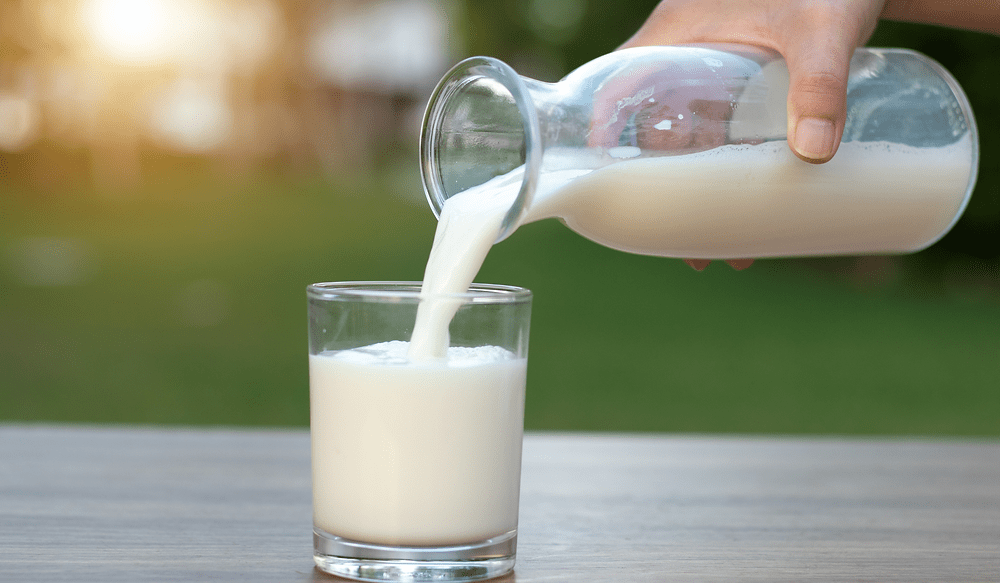
Bhopal Dugdh Sangh, the largest supplier of milk and milk-made products in Bhopal had stopped supply of all its products except for milk packets to its vendors for three days in the wake of five per cent GST imposed on grocery, milk and milk products. However, the supply resumed on Friday following revision of rates. Rates of milk packets have not been changed but butter milk, curd and lassi would be costlier.
On the other hand, Federation of MP Chambers of Commerce & Industry (MPCCI), MP chapter of Confederation of All India Traders (CAT) and Bhopal Chamber of Commerce & Industries (BCCI) have convened a state-level meeting of traders at Bhopal on July 26 to express their angst against imposition of 5% GST on grocery and chalk out further strategy to oppose the decision.
BCCI spokesperson Ajay Devnani said that more than 100 delegates from different organisations of traders and businessmen from across the state will participate in the convention and raise their voice against the decision to impose 5% GST on grocery.
“It’s blatantly wrong for a government, which claims to be working to ensure ‘roti, kpada aur makan’ to all the people, to impose GST on food items like flour, rice and milk. And, what is the logic of imposing GST on packaged goods, which people obviously buy to get clean and qualitatively better food to eat,” he said.
The customers, too, are fuming over the decision. The decision to bring groceries, milk and milk products under the ambit of GST has come as a rude “shock” to them.
“It’s a vicious cycle. for sometime prices of petrol and diesel will keep rising and mind you, as fuel prices rise, prices of other goods also rise. Then, fuel prices stop rising and LPG prices start rising, prices of medicines are hiked and now, it’s grocery and milk; perhaps, the only thing which were not taxed under GST, ” said Santosh Singh, who is an accountant in a private firm.
General secretary of Bhopal Kirana Mahasangh, Anupam Agrawal said: “Either the government is trying to mislead us or they believe that we are fools. On the one hand, Food Safety & Standards Authority of India (FSSAI) has made it mandatory that any product without brand name, expiry date and details of ingredients can’t be sold and the government in a way is saying buy “loose” (unpacked) goods, which has nothing of what FSSAI has made mandatory.”
“Can you imagine? On one jar of edible oil that a retailer sells, he earns Rs 10 to Rs 20 and the customer ends up paying Rs 110 to the government as GST on the oil jar that he buys for Rs 2400,” he said.

















